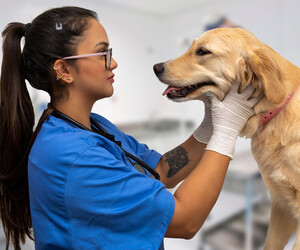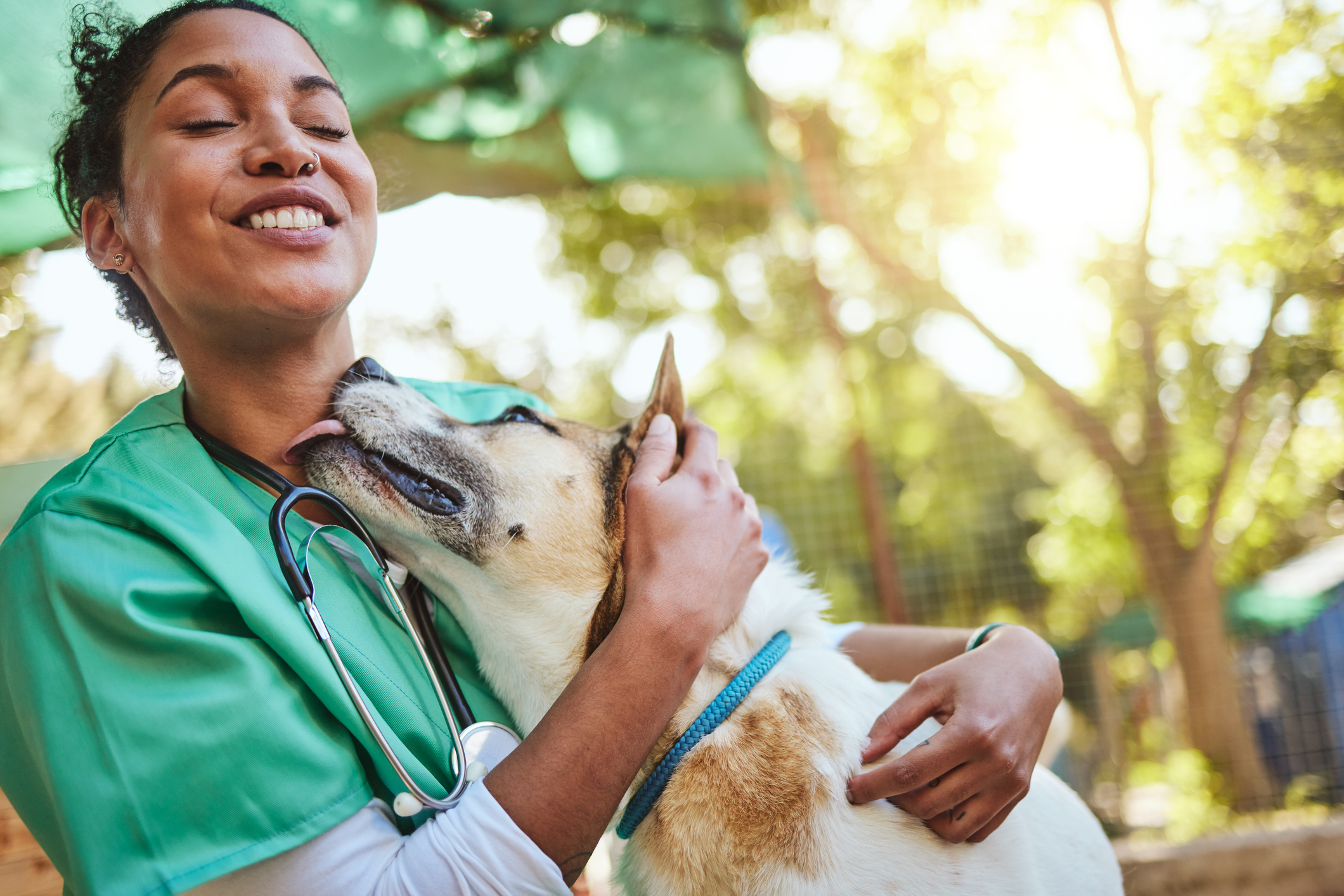Exactly How an Emergency Vet Can Save Your Pet's Life in Essential Circumstances
Exactly How an Emergency Vet Can Save Your Pet's Life in Essential Circumstances
Blog Article
Vaccination Guidelines From Your Relied On Vet
Inoculation standards given by your relied on vet play a critical role in safeguarding your family pet's health and wellness and wellness. Core vaccinations are basic for all pets, while non-core injections can be tailored to ecological direct exposures and particular lifestyles. Recognizing the nuances of inoculation routines, which begin as very early as 6 to eight weeks, is important for optimal defense. Furthermore, dealing with common misconceptions bordering vaccines can better improve animal proprietors' confidence in these safety nets. As we check out these essential facets, it ends up being increasingly clear why routine consultations with your vet are essential for educated decision-making.

Value of Inoculations
Inoculations play an essential function in protecting animals against an array of avoidable illness. By stimulating the body immune system to acknowledge and fight particular pathogens, vaccinations dramatically minimize the incidence of infectious conditions that can affect a family pet's health and longevity. Not just do vaccinations protect specific pets, but they additionally add to herd immunity, therefore lowering the general prevalence of conditions in the family pet population.
Prompt vaccinations aid to alleviate the spread of diseases such as rabies, parvovirus, and distemper, which can have extreme repercussions for both humans and pet dogs. Moreover, inoculations are commonly a requirement for boarding centers, grooming solutions, and pet parks, making them vital for those who desire to socialize their pets.
:max_bytes(150000):strip_icc()/veterinarian-526081-final-d02935e28abf4e4a9b4dc25b5d0f2cc8.png)
Core Vaccinations for Family Pets
While the particular vaccination demands of family pets can vary based upon private elements, core vaccinations are generally recommended to protect versus the most major and usual illness (Vet Enterprise). Core vaccinations are those regarded crucial for all pets, regardless of their way of life or geographic area, as they safeguard versus very contagious and potentially fatal ailments
For pet dogs, the core vaccinations include those for canine distemper, parvovirus, adenovirus (liver disease), and rabies. Canine distemper is a viral disease that impacts the respiratory, intestinal, and nerves. Parvovirus is known for triggering extreme gastrointestinal health problem, specifically in puppies. Adenovirus can lead to liver condition, while rabies is a zoonotic disease that presents a threat to both people and pet dogs.
In felines, core vaccinations encompass feline panleukopenia, feline calicivirus, feline herpesvirus (rhinotracheitis), and rabies. Feline panleukopenia is an extremely infectious viral condition that influences the body immune system and intestines. Calicivirus and herpesvirus are major contributors to upper breathing infections in felines, while rabies stays a critical issue for public health and wellness.
Seek advice from your vet to guarantee your pet dogs obtain their core inoculations on timetable.
Non-Core Vaccines Explained
Non-core vaccines are tailored to resolve details threats related to a pet's setting, way of living, and direct exposure to certain conditions. Unlike core vaccinations, which are globally advised for all pets, non-core vaccines are considered based upon private scenarios. These vaccinations are especially essential for pets that might encounter one-of-a-kind microorganisms due to their geographical area, traveling behaviors, or activities.
Examples of non-core injections include those for Bordetella bronchiseptica, which is linked to kennel coughing, and Lyme illness, brought on by ticks. Pet dogs that regularly engage with other pets, such as those in boarding facilities, pet parks, or brushing atmospheres, might benefit from Bordetella inoculation. Likewise, if you live in a location where Lyme disease prevails, vaccinating against this illness can be a prudent option for outdoor-loving dogs.
Other non-core vaccinations may consist of those for leptospirosis, canine influenza, and feline leukemia, depending upon the particular threat elements existing. It is necessary to have a thorough conversation this link with your veterinarian regarding your pet dog's lifestyle and the potential need for these vaccines, ensuring a tailored vaccination technique that finest secures your fuzzy buddy.
Inoculation Set Up Overview

As family pets grow, it is necessary to follow the recommended booster vaccinations. Emergency Vet. For grown-up animals, core vaccinations are commonly provided every one to three years, depending on the specific vaccine and try here neighborhood laws. Non-core vaccinations might be encouraged based upon lifestyle elements and local disease frequency, demanding a customized approach
Regular veterinary check-ups are essential for upgrading vaccination routines. Your vet can supply support on the most appropriate booster shots for your animal, factoring in age, health and wellness standing, and environmental threats. By staying aggressive and educated, pet dog proprietors can ensure their hairy friends get efficient and timely inoculations, thus securing their health and well-being throughout their lives.
Common Misconceptions Concerning Injections
Mistaken beliefs regarding family pet inoculations can result in complication and unwillingness amongst animal proprietors relating to Full Report the immunization procedure. One common myth is that vaccinations are unnecessary for indoor pets. While it holds true that interior animals encounter lower threats, they are not completely unsusceptible to diseases, as microorganisms can be presented through different means, including human apparel and other family pets.
Another misconception is that injections can create the illness they aim to stop. In reality, a lot of vaccines consist of inactivated or attenuated virus, which can not create disease in healthy and balanced pets. Some family pet proprietors also believe that their pet dogs ought to not be vaccinated if they are currently healthy and balanced; however, vaccinations are an aggressive action that helps prevent the beginning of disease.
In addition, lots of animal owners are afraid that vaccines will certainly lead to long-term wellness issues. The benefits of inoculation-- safeguarding pet dogs from potentially deadly diseases-- much exceed the risks.
Final Thought
In summary, adherence to vaccination guidelines is essential for ensuring the wellness and durability of pet dogs. Core vaccines offer crucial protection against major illness, while non-core vaccinations resolve specific risks based on individual way of lives. Establishing a detailed inoculation routine, combined with routine vet examinations, assists in ideal wellness monitoring. Resolving usual misconceptions surrounding vaccinations even more strengthens the value of educated decision-making in family pet treatment. Eventually, a positive technique to inoculations is essential for keeping family pet wellness.
Not only do vaccinations protect specific pets, however they also contribute to herd immunity, thus decreasing the overall frequency of illness in the pet populace.
Misconceptions concerning animal inoculations can lead to confusion and hesitation among pet dog owners regarding the immunization procedure. While it's true that interior animals encounter lower threats, they are not completely immune to conditions, as pathogens can be presented through different methods, including human apparel and other pet dogs.
Some pet proprietors also believe that their pet dogs must not be vaccinated if they are currently healthy; nonetheless, vaccinations are a positive measure that assists prevent the beginning of illness.
The advantages of vaccination-- securing animals from possibly deadly conditions-- far surpass the dangers.
Report this page